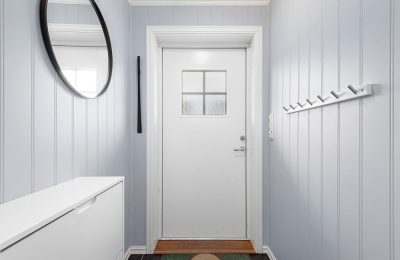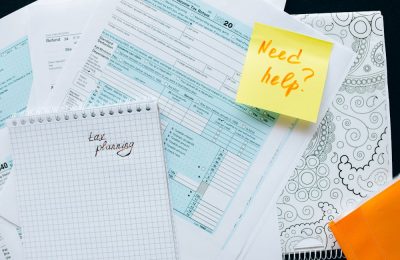The new visitor levy rules introduced by Edinburgh City Council are yet another example of policymakers trying to tax their way out of a problem without addressing its root causes.
The Visitor Levy (Scotland) Act became law in September 2024, giving councils across Scotland powers to charge a tax on paid, overnight accommodation. From 24 July 2026, Edinburgh will apply a five per cent levy on all overnight stays. This will extend to holiday lets, short-term rentals, and residential properties licensed for home sharing, home letting, or use as secondary homes.
For property agents in both sales and lettings, as well as landlords, these changes carry important implications for homes they let, sell, or manage. The impact in Edinburgh will be particularly stark. The city already experiences huge seasonal demand: in August 2025, for example, over 200,000 fans were estimated to attend Oasis’s three-night Murrayfield concerts, on top of the hundreds of thousands of people attending the city’s world-famous festivals. With such demand, higher costs risk further squeezing availability and inflating prices.
Impact on landlords and the private rented sector
This comes on the back of the tightening of regulations in the short-term lets sector. Since 2022, all hosts in Scotland have needed a mandatory licence, while in Edinburgh, planning permission is also required. By July this year, the number of licensed properties had already fallen, with hundreds of applications still awaiting review. Propertymark has consistently supported stronger regulation to create a level playing field with long-term rentals. Without it, short-term lets can bypass basic checks, leaving tenants exposed to unsafe or poor-quality accommodation with no independent route to redress.
Meanwhile, landlords are also feeling the pinch in the private rented sector. The Additional Dwelling Supplement (ADS) under Land and Buildings Transaction Tax rose from 6% to 8% in December 2024, making Scotland the most expensive place in the UK to invest in property. Earlier this year, the Housing Investment Taskforce warned that taxation needs a full review to examine how it impacts mobility, investment, quality, and net zero ambitions.
Propertymark has long argued for a smarter approach. Instead of burdening landlords with higher taxes, a progressive system of incentives could drive investment in quality, energy efficiency, and long-term supply. Such a strategy would genuinely support affordability for tenants and raise property standards.
However, at present, the intent behind new property taxes and visitor levies appears focused on raising revenue for local services and managing pressure from tourism. Unless local authorities align levy schemes with wider tourism strategies and the Scottish Government integrates housing policy with economic policy, the result will be predictable: higher costs, reduced supply, and fewer choices for tenants and visitors alike.











